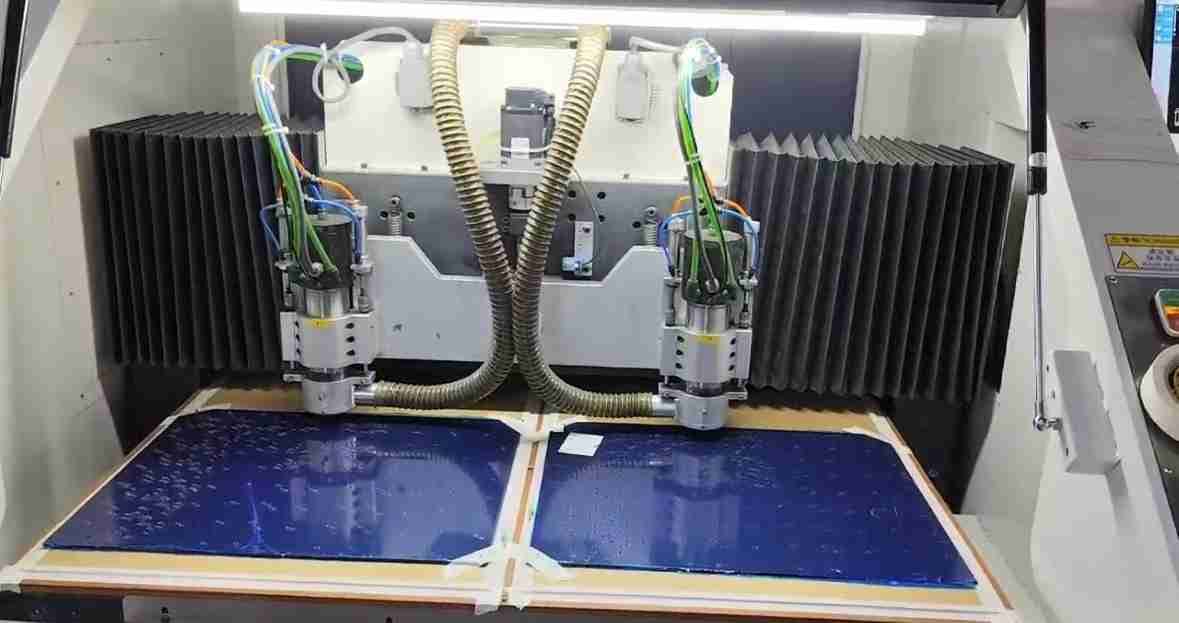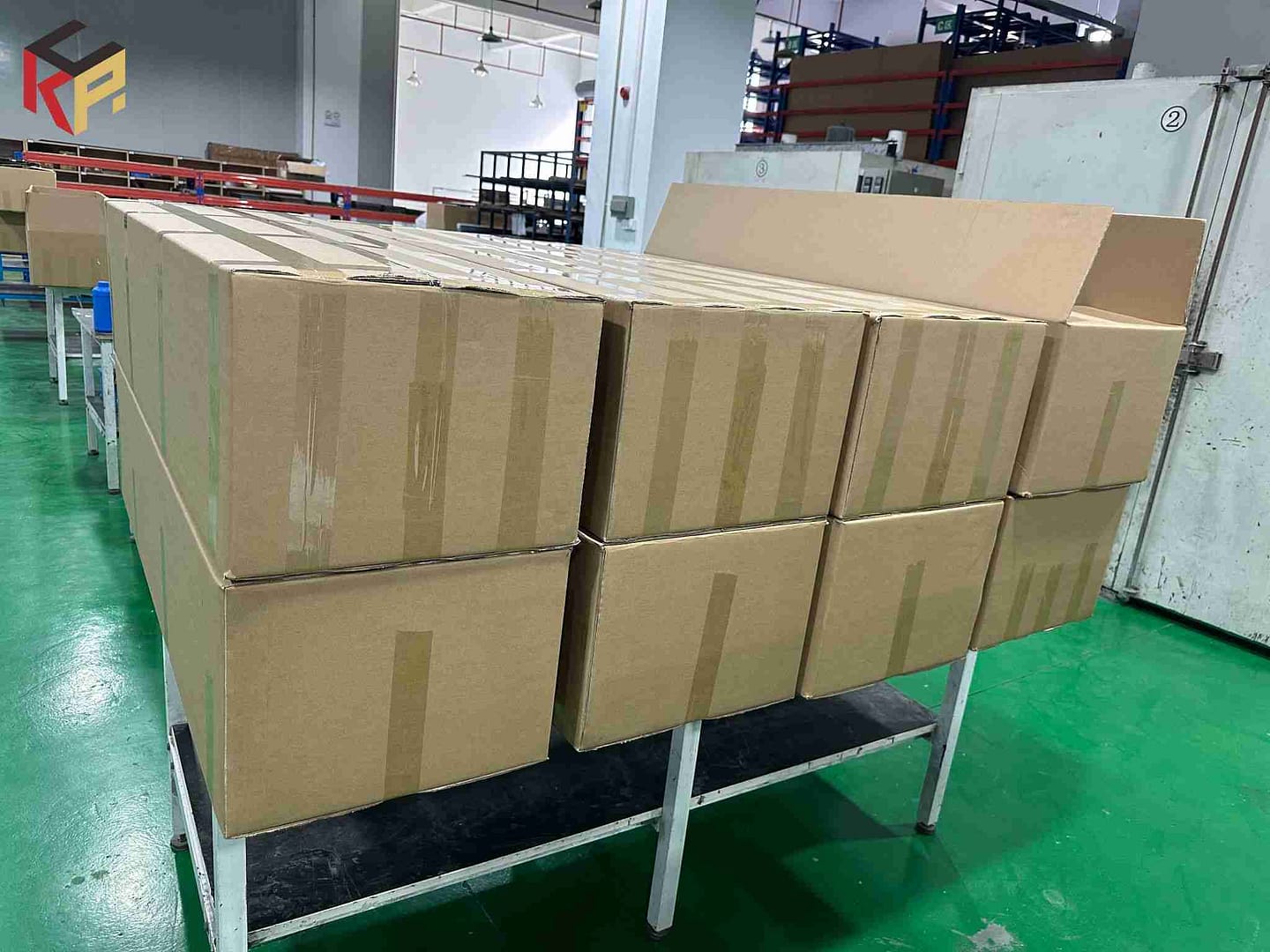
Light carbon fiber tubing offers exceptional load-bearing capacity per unit mass, perfect for applications needing toughness and lower weight
Created through the consolidation of carbon fibers and a polymer resin matrix, these tubes provide a robust composite solution
High-quality aligned carbon strands grant exceptional tensile performance and stiffness, and the lightweight resin helps minimize mass
Such a blend of characteristics lets engineers craft solutions that combine exceptional strength with reduced mass
Carbon fiber tubing is integrated into aircraft, vehicles, sports equipment and medical implements
For aircraft construction, carbon fiber tubing reduces structural mass in fuselages and wings, boosting fuel economy and capabilities
Likewise in the automotive field carbon fiber tubes are used for suspension parts and chassis reinforcement to improve handling while cutting vehicle weight
Carbon fiber square-section tubes optimized for strength and assembly precision
Where the balance of lightness and mechanical performance is critical, carbon fiber square tubes provide a preferred engineering solution
Precisely produced square tubes provide mechanical excellence alongside adaptable design capabilities
Produced through controlled fiber placement and resin bonding, square carbon fiber tubes exhibit excellent compression and tensile resistance
Square carbon fiber tubes’ structural stiffness positions them well for use where integrity under load is essential
Applied to aerospace, automotive chassis, and performance sport equipment, these square tubes deliver reliable behavior under severe loads
Moreover, the low mass of these tubes aids in improving fuel consumption and optimizing system efficiency
- Likewise, dimensional accuracy promotes easy assembly incorporation and curtails the need for costly adjustments
- As a result, square carbon fiber tubes are widely adopted as key materials by industries focused on innovation and efficiency
Rectangular carbon fiber tubing engineered for bespoke shapes and peak efficiency
Carbon fiber’s combination of high strength-to-mass ratio and stiffness renders it perfect for challenging engineering tasks
These rectangular or prismatic profiles produce optimized mechanical behavior and excellent performance outcomes
They can be custom-designed to exact specifications to ensure optimal structural integrity and load capacity
For aerospace, sporting and industrial requirements, manufacturers can provide precisely crafted rectangular carbon fiber tubes to spec
Such flexibility enables innovative design solutions that boost performance and improve functionality
Carbon fiber plates offering unmatched stiffness and high impact resistance
Carbon fiber plates are known for exceptional stiffness and are well suited to high-load applications
Carbon fiber plates composed of fibers in a resin matrix deliver exceptional protection against bending and deformation
Carbon fiber plates achieve impact resilience through fiber-based energy absorption that prevents catastrophic breakage
High-performance composite solutions integrating carbon fiber tubes and plates for maximum results
Carbon fiber plates and tubes are selected in advanced materials engineering for their remarkable mechanical traits and lightness
Their combination of light mass and robustness supports applications spanning aerospace, automotive, sports and specialized product categories
The ability to create complex geometries while keeping stiffness and reliability enables broader application of these composites
Production technology advances have made these composites more economical and scalable for diverse industries
Employing carbon fiber components offers benefits like superior strength-to-weight compared with conventional materials
Their corrosion and fatigue resistance help maintain long-term reliability and extend component lifespan in tough settings
Exceptional composite characteristics are driving continuous innovation and impacting the future direction of engineering applications
Surveying applications and deployments of carbon fiber tubes and plates
Robust carbon fiber tubes and plates have earned widespread traction and recognition in a variety of sectors
The high strength-to-weight and mechanical traits support application across a wide spectrum of needs
Commonly applied within aerospace, automotive and construction, they serve as structural components demanding reliable strength and durability
In sports and recreation carbon fiber tubes and plates are widely used in equipment such as bicycle frames, golf clubs and tennis racquets to enhance performance
Additionally, medical uses include prosthetic limbs, surgical instruments and orthotics made from carbon fiber composites
Carbon fiber solutions for lightweighting: tubes, plates and beyond
By employing carbon fiber tubes and plates, engineers cut weight substantially without sacrificing structural integrity
Carbon fiber tubes fit applications like bicycles and wind blades that demand strong stiffness combined with low mass
Plates serve as stiff, robust structural elements for aircraft and spacecraft where strength and dimensional stability are crucial
Material innovation driving expanded applications for carbon fiber composites
Carbon fiber is widely viewed as a technological breakthrough due to its strong, tough nature
Carbon fiber’s attributes arise from filamentary carbon within a resin matrix, offering lightness combined with exceptional strength
Carbon fiber deployment rises in aerospace and automotive thanks to clear benefits in fuel efficiency and performance from lighter structures
By employing carbon fiber in vehicle structures, manufacturers achieve lighter weight and stronger parts that help handling and safety
Across aerospace and automotive sectors, carbon fiber structures demonstrate wide-ranging adaptability
Carbon fiber’s strong strength-to-weight profile has driven its adoption and transformation of aerospace and automotive applications
Using lightweight composites results in vehicles and aircraft that are both high-performing and fuel-efficient while remaining durable
Car makers integrate carbon fiber into panels, chassis and certain frame components to achieve weight savings and improved handling
Tubes and plates of carbon fiber are central to new engineering advances
Using carbon fiber tubes and plates enables industry-wide transformations based on their superior strength-to-weight ratios
Performance-driven industries like aerospace, automotive and medical fields increasingly utilize these lightweight, robust materials
For aerospace, using carbon fiber enables lower fuel burn and improved aerodynamic characteristics
Likewise in vehicles, carbon fiber reduces weight to improve speed, handling and energy efficiency
- To harness carbon fiber well you must grasp its mechanical behavior, production constraints and relevant design trade-offs To harness carbon fiber well you must grasp its mechanical behavior, production constraints and relevant design trade-offs Leveraging it successfully requires a detailed understanding of material behavior, fabrication constraints and design trade-offs Optimally using carbon fiber needs insight into material response, production limitations and design carbon fiber sheets balance choices
- Growing research and deployment point to a promising future for carbon fiber components
- Ongoing research and development will boost their performance characteristics and broaden potential applications
- As a result, carbon fiber composites are positioned to become increasingly important across engineering and manufacturing domains
Step-by-step guide to achieving peak results with carbon fiber components
Because of its favorable mechanical properties, carbon fiber is widely used to raise performance across many engineering domains
We outline properties, typical uses and practical integration approaches to help deploy carbon fiber effectively
Across automotive, aerospace, sporting and electronic applications, carbon fiber’s versatility enhances performance outcomes
Proper leveraging of carbon fiber involves understanding its performance attributes, manufacturing constraints and trade-offs in design
Practical guidelines for selecting the right type of carbon fiber for your specific needs.